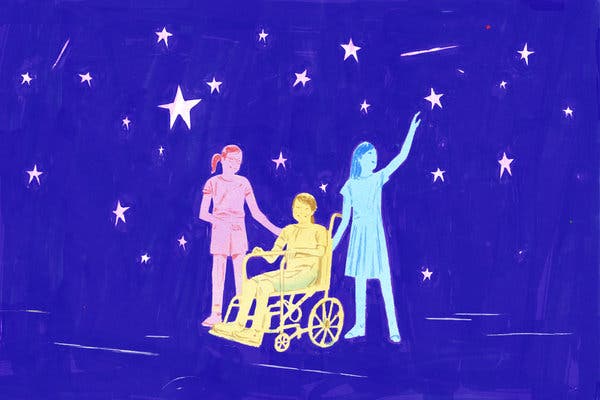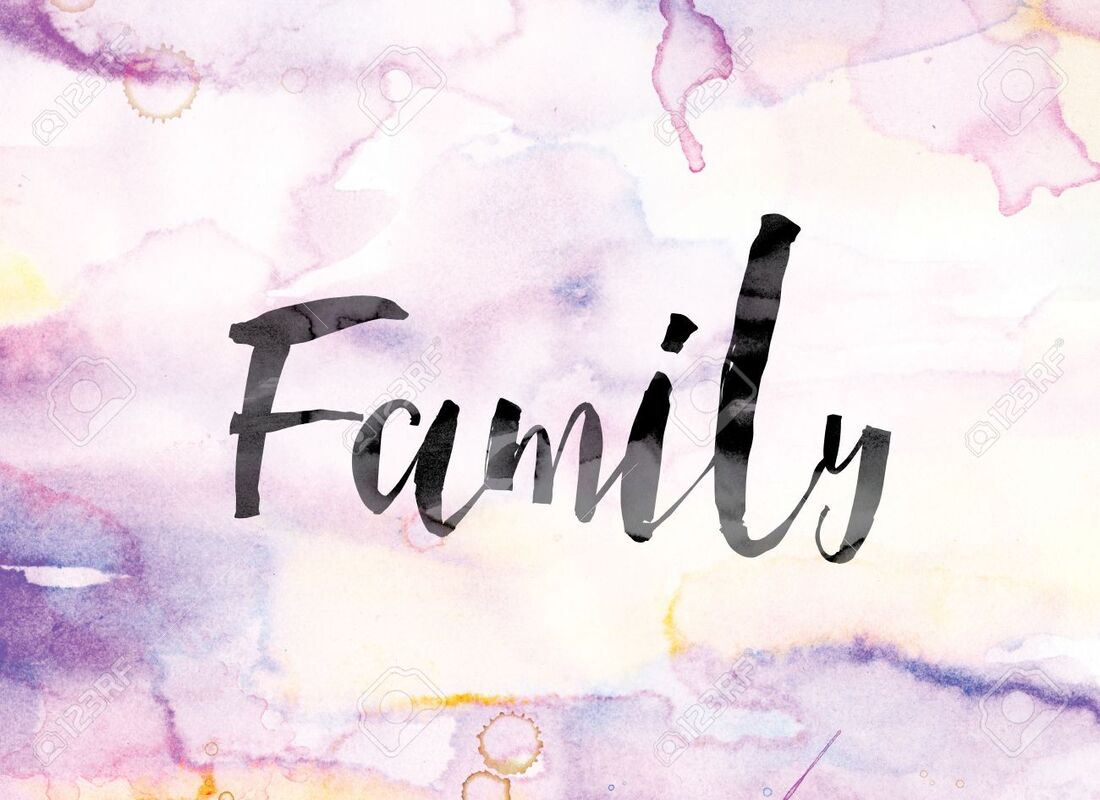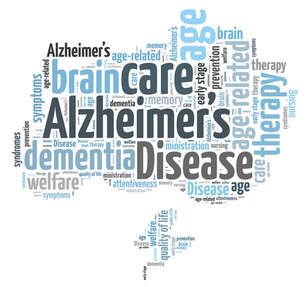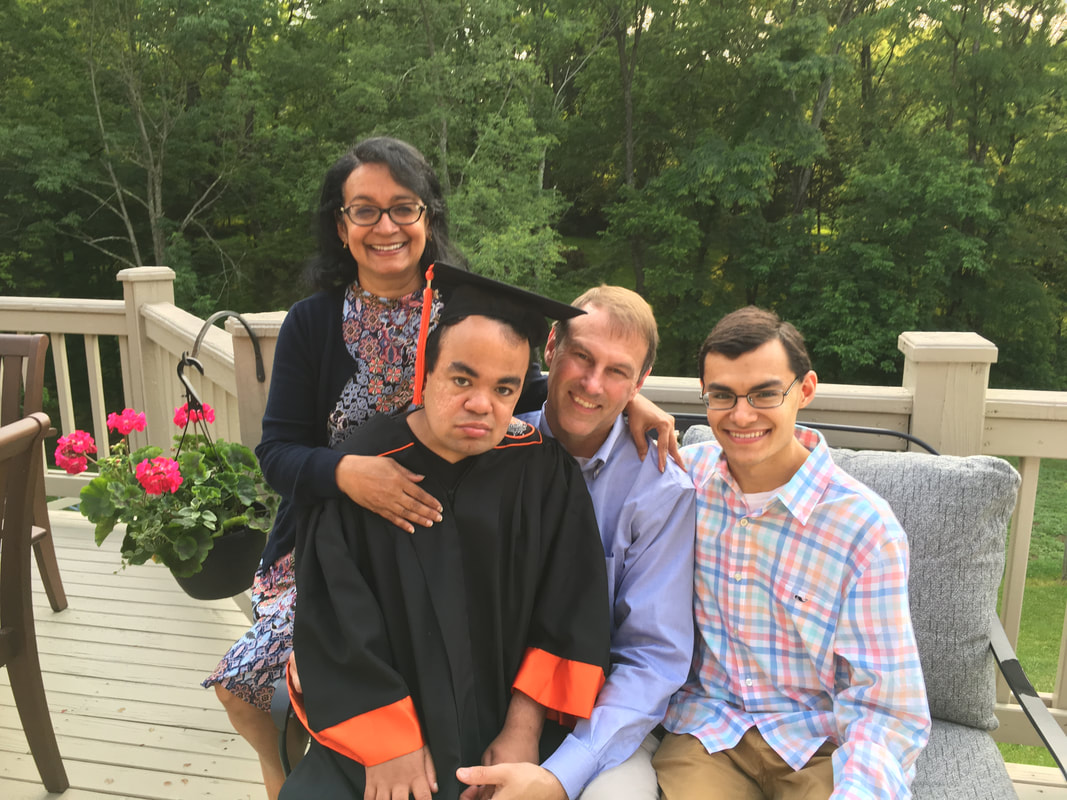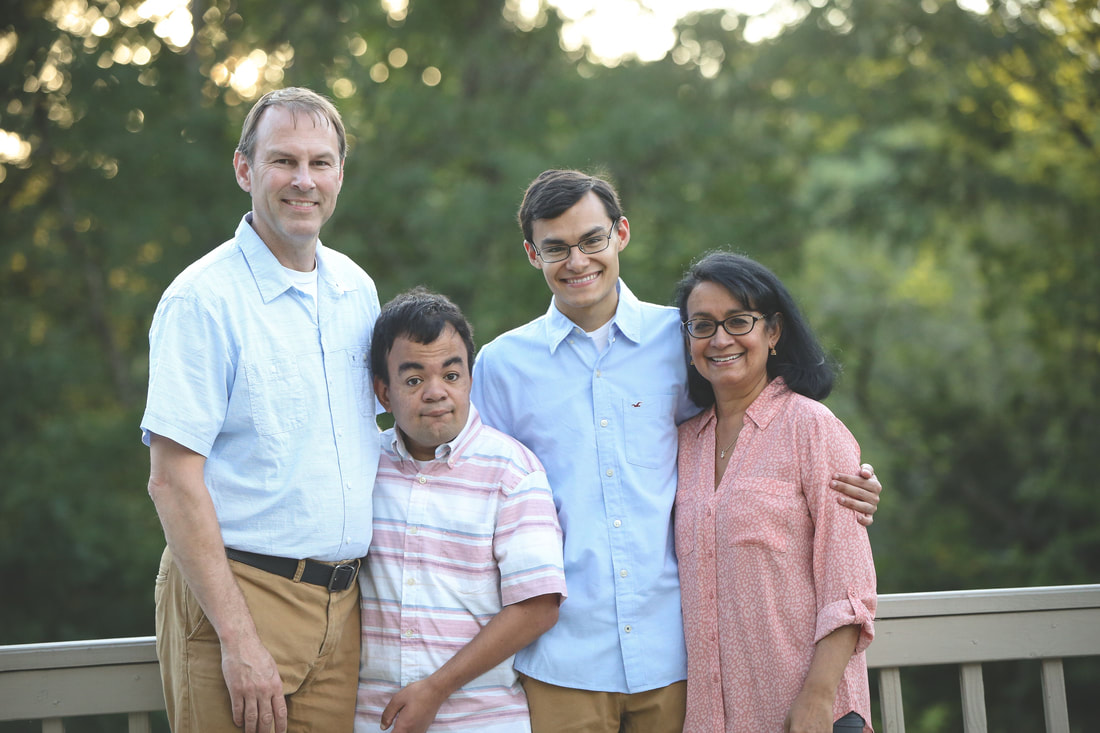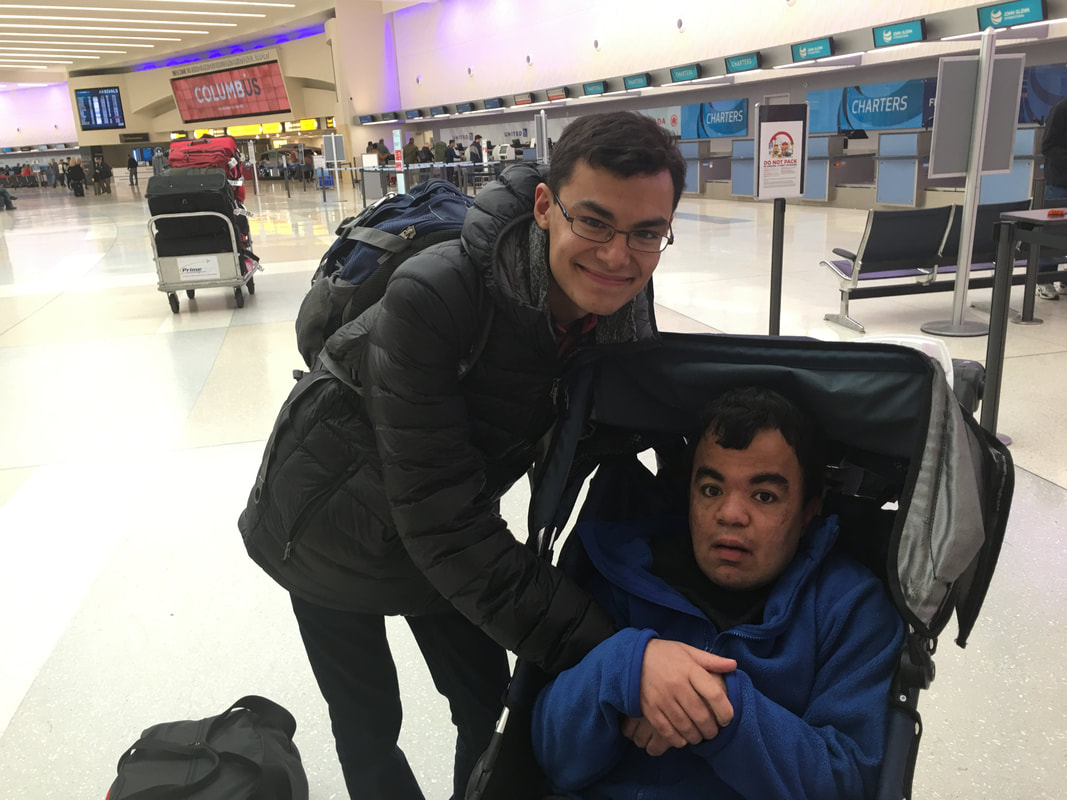History of Science 170 Blog: The Experiences of People with Neurologic Conditions and their Families
By Nathan Grant
History of Science 170: Broken Brains is a course at Harvard College that examines the experiences and treatment of people with neurologic conditions across history. This course analyzes the science of "broken brains," therapy and rehabilitation of patients with "broken brains", patient and caregiver experiences, and cultural representations of "broken brains" and changing public approaches to disability.
As part of this course, Nathan Grant is writing blog posts about the course readings and discoveries. In this blog, Nathan examines the experiences and treatment of people with neurologic conditions and their families, using past history to provide insights and recommendations for change for today.
Read the blog here!
By Nathan Grant
History of Science 170: Broken Brains is a course at Harvard College that examines the experiences and treatment of people with neurologic conditions across history. This course analyzes the science of "broken brains," therapy and rehabilitation of patients with "broken brains", patient and caregiver experiences, and cultural representations of "broken brains" and changing public approaches to disability.
As part of this course, Nathan Grant is writing blog posts about the course readings and discoveries. In this blog, Nathan examines the experiences and treatment of people with neurologic conditions and their families, using past history to provide insights and recommendations for change for today.
Read the blog here!
|
Blog Post #1
Siblings Make A Difference: The Importance of Recognizing and Supporting Siblings By Nathan Grant In this blog piece, Nathan examines the role of siblings through an analysis of Dr. Henry Head's case study of a patient with nominal aphasia. While Head writes a detailed case study of his patient's experiences with aphasia, he does not recognize the experiences of his patient's sister who plays an important role as the patient's caregiver. The medical community did not pay much attention to the roles and experiences of siblings in the past, and still does not provide much support to siblings today. It is time for the medical community to pay more attention and provide more support to siblings. Read the blog piece here. |
|
Blog Post #2
Who Contributes to Medical Knowledge?: Family Members Affect Outcomes and Must Be Recognized, Too By Nathan Grant In this blog piece, Nathan examines the role that family members play in the lives of people with epilepsy through an analysis of Rachel Elder's article "Speaking Secrets: Epilepsy, Neurosurgery, and Patient Testimony in the Age of the Explorable Brain, 1934-1960." This piece shows how family members advocate for treatments and affect outcomes for patients. Read the blog piece here. Blog Post #3
Where Are The Male Caregivers? By Nathan Grant While nearly two-thirds of Americans with Alzheimer's disease are women, about two-thirds of caregivers for people with the disease are also women. In this piece, Nathan explores how Alzheimer's disease places a large burden on women and how it is important to increase the number of male caregivers. Read Nathan's suggestions on caregiving and storytelling here. Blog Post #4
Entering the Void: The Issue of Aging Out of School Services for People with Intellectual Disabilities By Nathan Grant There are very few resources for adults with intellectual and developmental disabilities, especially adults who need one-on-one care and assistance. In this story "Entering the Void," Nathan explains the struggles his brother and family have experienced after his brother aged out of school services. Read about the issue facing aging families and suggestions for change here. |
|
Blog Post #5
Appreciating Our Caregivers By Nathan Grant While caregivers are essential to the well-being of people with complex health conditions, caregivers often receive very little recognition and appreciation for the care they provide. In this article, Nathan examines the relationship between caregivers and care recipients. Learn more about caregiving and the importance of showing appreciation to caregivers here. Blog Post #6
Improving Medical Care for People with Complex Health Conditions: Support for Medical Anthropology By Nathan Grant Medical anthropology involves the use of interviews and fieldwork to determine the experiences, perceptions, and support needs of patients and their caregivers. By discussing the outcome of Oliver Sacks's work and by sharing his family's story, Nathan shows how medical anthropology can help doctors better identify their patients' needs and provide treatments that are effective. Read how training in medical anthropology and medical humanities can help improve health care for people with chronic illnesses and developmental disabilities here. Blog Post #7 Confronting the Controversy: Giving Voice to People with Severe Autism and Other Developmental Disabilities By Nathan Grant There is a growing debate about how we should perceive autism and other developmental conditions. Some people urge society to perceive autism as a difference, whereas others prefer to consider autism as a disability. The way we perceive autism greatly affects the stories we share and the support we provide. In this article, Nathan shares his family's story and calls for more awareness of the experiences of those with severe autism. As Nathan says, "Given the diverse needs of people on the spectrum, it may be helpful for organizations to specify between mild vs. severe autism." Read Nathan's story and suggestions here. |
|
Siblings with a Mission is a non-profit, international organization established to serve and support siblings of individuals with complex health conditions and developmental disabilities. All images are found on Google images and are solely used for educational purposes. The stories and advice provided by Siblings with a Mission are not to be replaced by professional advice and counseling but to be considered as an additional source of support.
